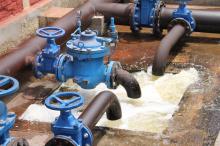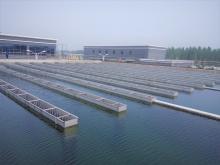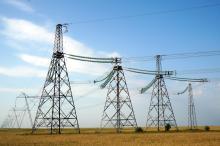Sample Municipal Solid Waste (MSW) PPP Agreements
Public private partnerships in municipal solid waste require various agreements, or contracts, to outline the relationships and responsibilities between various stake holders. The agreements below are specific to the solid waste sector. For a general description of the range of public-private partnership forms, please see the Agreements section.
Water and Sanitation Lease and Affermage Contracts
Hybrid affermage/ Concession contracts
In the water sector in recent years in West Africa, a hybid affermage/ concession arrangement has been adopted - a description of such an arrangement in Cote d'Ivoire can be found at PPIAF Gridlines - Partnering for Water in the Cote d'Ivoire(lessons from 50 years of successful operation). Examples of the hybrid model that has been adopted are set out below.
Water Management/Operation and Maintenance Contracts
Management Contracts
The World Bank has developed a Standard Form Management Contract together with Bidding Document and Technical Note recommended for use on water and energy projects the Bank is funding, together with a technical note discussing management contracts and their preparation. go to the General Conditions in the Bidding Documents for the contract itself.
Contract Law – Limitations on Freedom of Contract
Raw and Treated Bulk Water Supply Agreements
Sample Raw and Treated Bulk Water Supply Agreements
Australia
- Melbourne, Victoria - Bulk Water Supply Agreement between the Melbourne Water Corporation (MWC) and City West Water (CWW), one of the utulities for the city of Melbourne, owned by Government of Victoria.









